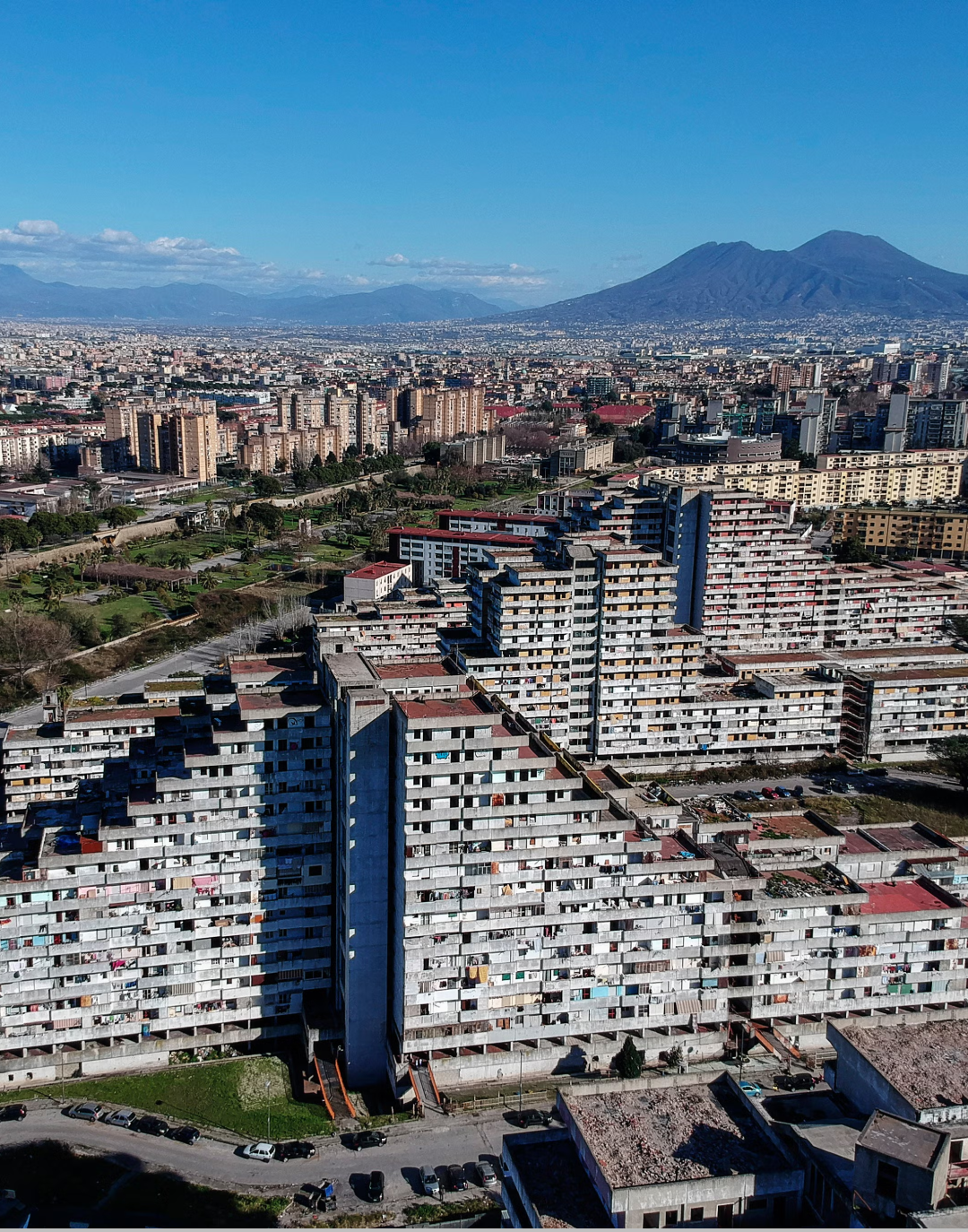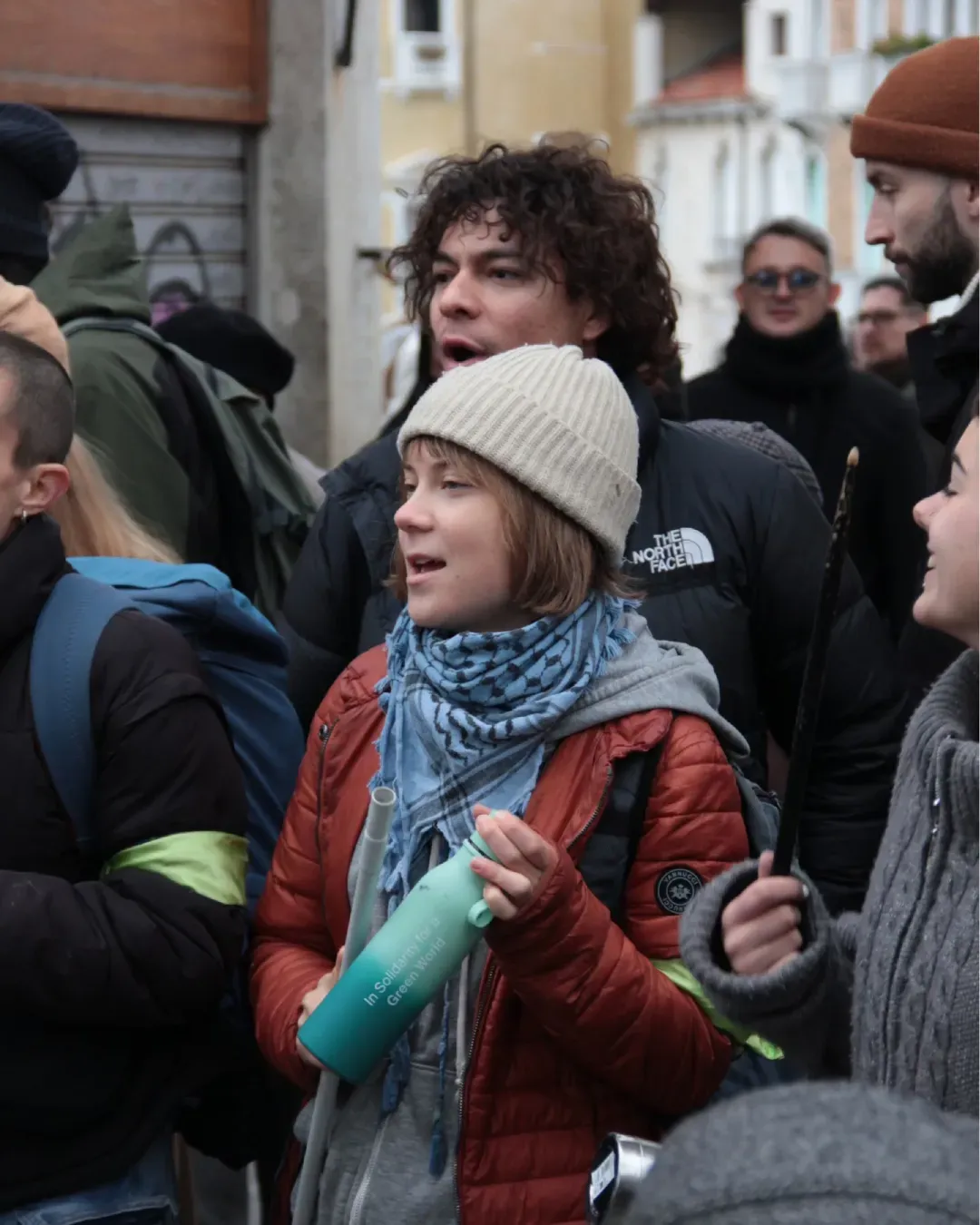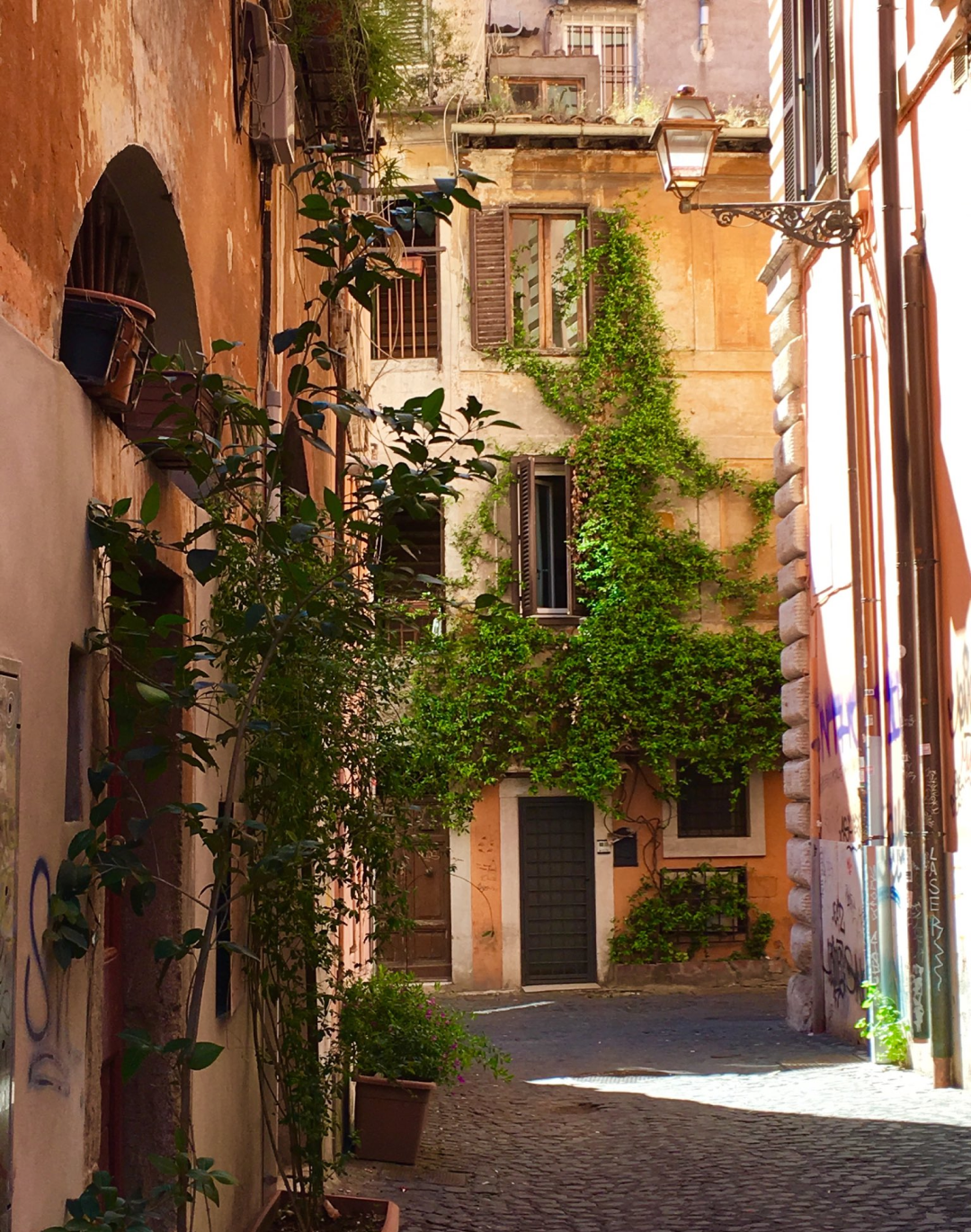
Why are activists occupying Italian beaches? Mare Libero and the fight against extensions of beach concessions
Recently, there have been more and more protests organized on Italian beaches against the extension of beach concessions. On social media, it’s not uncommon to come across videos of activists placing themselves between the sunbeds and umbrellas of beach establishments with the aim of claiming the right to freely use a public good like the beaches. So far, the activists have not caused real problems or major disruptions, nor have they used the facilities of the establishments – perhaps this is why they have not yet received warnings, lawsuits, or complaints. However, the reaction of the beach operators is generally exaggerated, often polarizing the debate on the issue. Some believe that the activists are engaging in illegal occupation, while others argue that the law is on their side, and thus they have every right to freely position themselves on the beaches of the beach establishments – especially since their concessions expired at the end of 2023.
How do Italian beach concessions work?
In Italy, for years there has been talk about how governments, regardless of their political affiliation, should tackle the thorny issue of beach concessions. They occupy stretches of coast that are part of the public domain, state-owned property that cannot be sold but only leased. Beaches, therefore, are public, and as such should be assigned to establishments through open tenders based on transparent criteria, as they allow the economic exploitation of a resource that actually belongs to all citizens. However, the concessions are periodically extended, almost systematically, to the same owners of the establishments – often passed down from generation to generation. This has been happening for decades based on an unwritten agreement: the beach businesses, in exchange for the nearly constant renewal of the concessions, invest at their own expense in the beaches and services, thus promoting tourism.
Today, on average, 40% of Italy's sandy coasts are occupied by establishments – in Liguria and Emilia-Romagna it’s almost 70%, while in Campania it’s 67%. In the most popular locations, free beaches are rare; where there are accommodation facilities, the prices for sunbeds and umbrellas are often considered excessively high. The situation remained the same even after the European Commission formally asked Italy to liberalize the concessions in 2006. But the successive governments have never implemented this directive, arguing that its consequences would be too heavy for the sector, thus choosing to extend the expiration of existing concessions. According to this situation, activists occupying private beaches do indeed have the right to do so: several civil court rulings have agreed that it is actually the beach establishments that occupy a public good without the right to do so, given that the automatic renewal of concessions was deemed illegal by the EU. EU law, in fact, prevails over national laws of member countries – including Italy. The Council of State, the body that constitutes the highest level of administrative justice, has also defined all government extensions as illegitimate, including the current one.
Why is the issue of beach concessions so divisive in Italy?
@mare.libero Ci avete scritto in tanti dalla #Liguria . Ebbene anche qui, come in tutta Italia, le concessioni sono scadute e le proroghe dei comuni devono essere considerate "come se non esistessero", perché contrarie alle norme dell'Unione Europea. Lo dice il #ConsigliodiStato . Quest'Estate, pianta l'ombrellone dove vuoi. #paraggi #liberiamoilnostromare #mare #marelibero #spiagge #spiaggelibere #direttivabolkestein #governo #balneari #europa #consigliodistato #concessioni #concessionibalneari #demanio #demaniomarittimo Positive Vibes - Soundbeaver
The association to which many of the activists who participate in the demonstrations belong is called Mare Libero: it was founded in 2019 in Florence and is now present in many Italian cities. Recently, the association won a lawsuit against the municipality of Naples, which had introduced a reservation system to access the municipal beaches of Donn’Anna and delle Monache, on the Posillipo coast, thus becoming restricted access. The judges ruled that the municipal administration must instead guarantee access to everyone. In recent months, thanks also to the media attention received following such cases, more and more people have spoken out against the further extension of concessions to establishments, and Mare Libero now often receives reports of demonstrations from many Italian coasts. Another issue fueling the debate and protests concerns the generally low rental fees that many beach businesses pay to the State. Already in 2019, Flavio Briatore, owner of the famous beach establishment in Versilia, Twiga Beach Club, told Corriere della Sera that he believed the government in office should review the rents of beach concessions, as they are excessively low. One of the problems explaining this general inertia to reform the sector is that, for any government, the reform would be very unpopular, also due to the accumulated delay. A proposed solution favored by several beach establishment managers would be to propose new tenders that guarantee a sort of right of precedence to those who have managed a concession, provided they can prove they have regularly paid rents, taxes, and invested in the services offered.














































